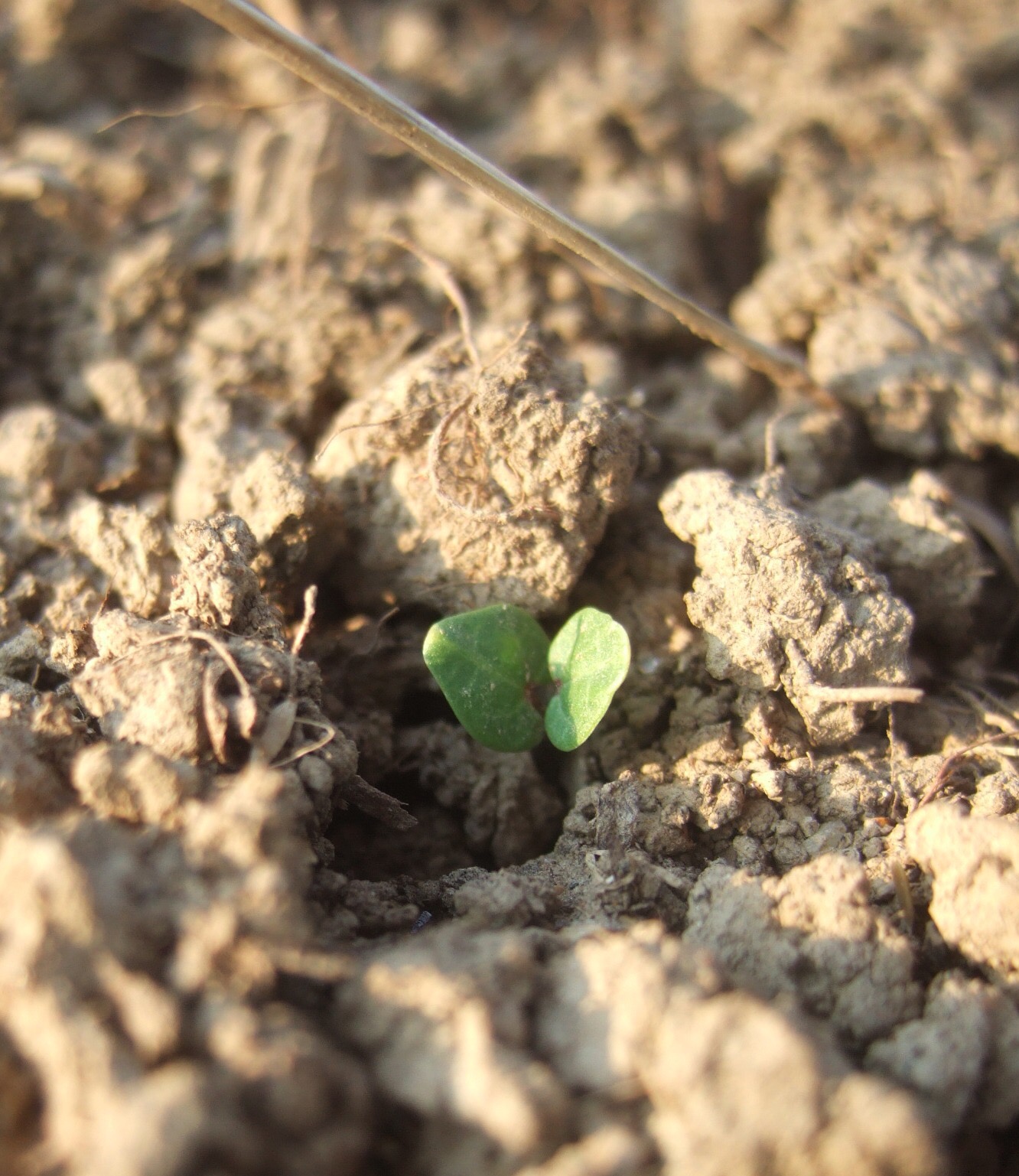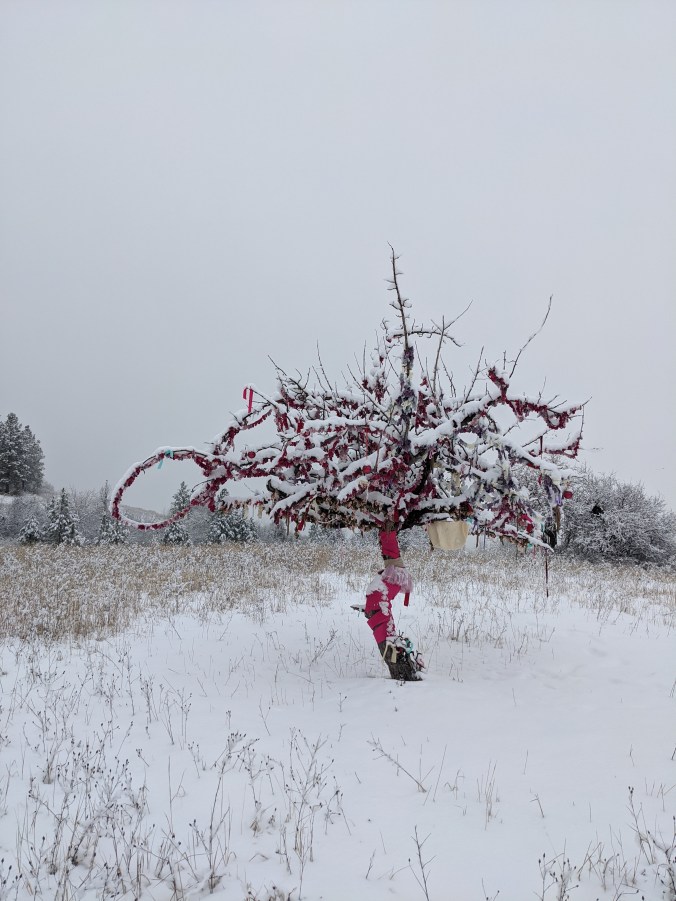Dear Friends-
Merry Christmas! We well know the push-pull rhythm of the holidays that rarely leaves time for what Lindsay calls “the animal urge to pull into ourselves, conserve our resources, rest.” If you have a few moments, we hope we can join you in a few moments of reflection in Episode 5: A Rare Descent. We discuss Advent, celebrations, and Sylvia Plath’s poem, “A Black Rook in Rainy Weather,” a poem that invites us to contemplate “rare, random” miracles.
Below please find a blessing for stillness, written by Kim for a winter event. Please feel free to share with those in your life who may be yearning for a bit of silence during a season when we’re all encouraged to continually “get our jingle on,” as Lindsay says!
Please subscribe, send to friends, and share your feedback with us.
As always, there are plenty of meditations to re-read (and blessings for every threshold of life to share with others at our website here.)
With hope and love,
Lindsay and Kim
web: https://eachholyhour.com/
FB: @eachholyhour
IG: each_holy_hour
——————-
Blessing for Winter Stillness
Now on the bank of a still pool,
lift this stone. Weigh it in your palm,
trace its lines and wonder
at its ancient story.
May you feel in its glacial smoothness
the stillness that comes
when a thing knows itself at last,
is at home in your hand,
stone.
Toss stone into still pool,
watch ripples spread
expanding and thrumming
like voices singing.
As the last waves disappear
may you understand how long
it can take for stillness to return.
And when conversation between stone and water finally ends,
lower yourself as quietly as you can,
becoming for a while
another stone along this bank.
Wonder how pool
renders trees and sky.
May you sense the animal
of your body anchoring you to this moment,
to all that is
without and within –
mud, water, wind,
bone, blood, breath.
Now as ground grows cold
may you learn to endure, to wait
for the almost imperceptible,
sound of hoof and paw
as deer and raccoon approach the opposite shore.
Rain begins and darkness falls.
Before you leave, may you gather up these gifts:
Stone-silence,
water-calm,
animal-quiet.
May you wrap their cloak around you.
May you know them as your friends,
inviting you to listen more deeply;
May you go from here in peace.







